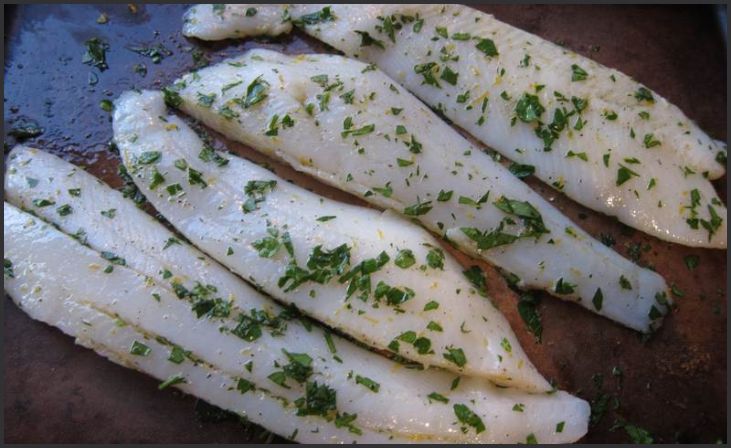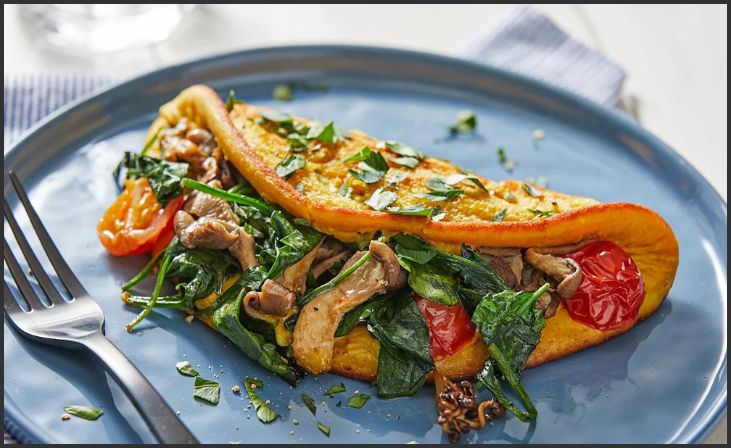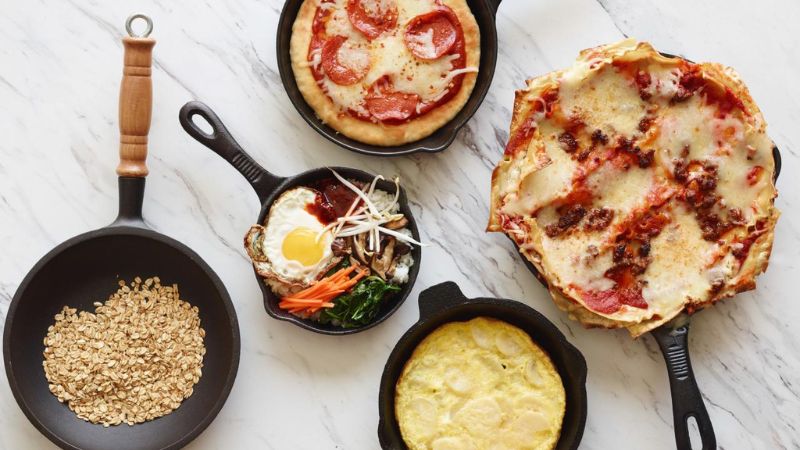Cast iron cookware is a beloved kitchen staple known for its durability, excellent heat retention, and versatility. From perfectly seared steaks to deliciously crispy cornbread, cast iron can handle a wide range of dishes. However, there are certain foods that should be avoided when using this type of cookware. Cooking the wrong items in cast iron can lead to unpleasant flavors, damage to the pan, and even potential health concerns. In this blog, we’ll explore ten things you should never cook in cast iron, helping you maintain your cookware and ensure your meals always taste their best.
1. Acidic Foods
Acidic foods, such as tomatoes, citrus fruits, and vinegar-based sauces, should be avoided when cooking with cast iron. The high acidity can react with the metal, causing a metallic taste to leach into your food. Additionally, the acid can strip away the seasoning on your cast iron pan, leaving it vulnerable to rust and reducing its non-stick properties. To avoid these issues, it’s best to cook acidic dishes in stainless steel or enameled cookware, which can handle the acidity without any adverse effects.
2. Delicate Fish

Delicate fish like flounder, tilapia, and sole are not ideal for cast iron cooking. These types of fish can easily stick to the pan, making it difficult to flip them without causing the fish to break apart. Cast iron pans are also heavy and can be challenging to maneuver when trying to carefully turn or remove delicate fish. Instead, opt for a non-stick skillet or a well-seasoned enameled pan to cook these fragile proteins, ensuring they stay intact and cook evenly.
3. Sticky Foods
Sticky foods, such as fried eggs or pancakes, can be problematic in cast iron pans, especially if they aren’t well-seasoned. Without a proper seasoning layer, these foods are likely to adhere to the surface, making them difficult to flip and resulting in a messy cleanup. Over time, repeatedly cooking sticky foods can also damage the seasoning on your cast iron. For the best results, use a non-stick skillet for these types of dishes, allowing for easy flipping and minimal sticking.
4. Strongly Flavored Foods
Cooking strongly flavored foods like garlic, onions, and certain spices in cast iron can lead to flavor transfer. Cast iron pans are somewhat porous, and they can absorb and retain strong flavors from previous meals. This can result in unwanted flavors seeping into future dishes, which may not be desirable. To prevent this, use stainless steel or enameled cookware for strongly flavored foods, ensuring your cast iron retains its versatility without compromising the taste of your meals.
5. Desserts

While it might be tempting to use your cast iron skillet for baking desserts like brownies or cakes, it’s generally not recommended. The savory flavors from previous meals can linger in the pan and affect the taste of your sweet treats. Additionally, the pan’s seasoning can impart a slightly off taste to delicate desserts. For baking, it’s best to stick with glass, ceramic, or non-stick baking dishes, which won’t interfere with the flavors of your desserts.
6. Boiling Water
Boiling water in a cast iron pan is not advisable. The process of boiling can strip away the seasoning, leaving your pan more susceptible to rust. Furthermore, boiling water doesn’t heat the pan evenly, which can cause warping over time. If you need to boil water, it’s better to use a pot made of stainless steel or aluminum, which are designed to handle the high temperatures and won’t damage the seasoning on your cast iron cookware.
7. Cheese-Based Sauces
Cheese-based sauces like Alfredo or macaroni and cheese can be tricky in a cast iron pan. The cheese can stick to the surface, making cleanup a challenge and potentially damaging the seasoning. Additionally, the acidity in some cheeses can react with the iron, imparting a metallic taste to your dish. To avoid these issues, use a non-stick or enameled pan when preparing cheese-based sauces, ensuring a smooth cooking process and easy cleanup.
8. Omelets

Omelets are another food that can be difficult to cook in cast iron, especially if your pan isn’t perfectly seasoned. Eggs have a tendency to stick, making it hard to achieve the desired texture and appearance. An omelet should slide easily out of the pan, and this is more easily achieved with a non-stick skillet. Using a non-stick pan also allows for even cooking and an easy flip, resulting in a perfectly cooked omelet every time.
9. Acidic Marinades
Using acidic marinades on meats or vegetables in cast iron can cause similar issues as cooking acidic foods. The acid in the marinade can break down the seasoning on your pan, leading to rust and off-flavors. It can also cause the marinade to react with the iron, altering the taste of your dish. For marinating, it’s best to use glass, plastic, or ceramic containers, which won’t react with the acids and will keep your cast iron in good condition.
10. Long-Simmered Dishes
Long-simmered dishes, such as soups and stews, are not ideal for cast iron cookware. The prolonged exposure to moisture can wear down the seasoning and promote rust formation. Additionally, the acidic ingredients often used in these dishes can react with the iron, affecting both the flavor and the pan’s condition. For these types of recipes, a stainless steel or enameled Dutch oven is a better choice, providing even heating without compromising the integrity of your cast iron cookware.
Conclusion
Understanding what not to cook in your cast iron cookware is essential for maintaining its longevity and ensuring your meals taste their best. While cast iron is incredibly versatile, it has its limitations when it comes to certain foods. By avoiding acidic foods, delicate fish, sticky items, strongly flavored dishes, desserts, boiling water, cheese-based sauces, omelets, acidic marinades, and long-simmered dishes, you can keep your cast iron in prime condition. Choosing the right cookware for each type of food will help you achieve better results in the kitchen and enjoy a wider variety of delicious meals.

